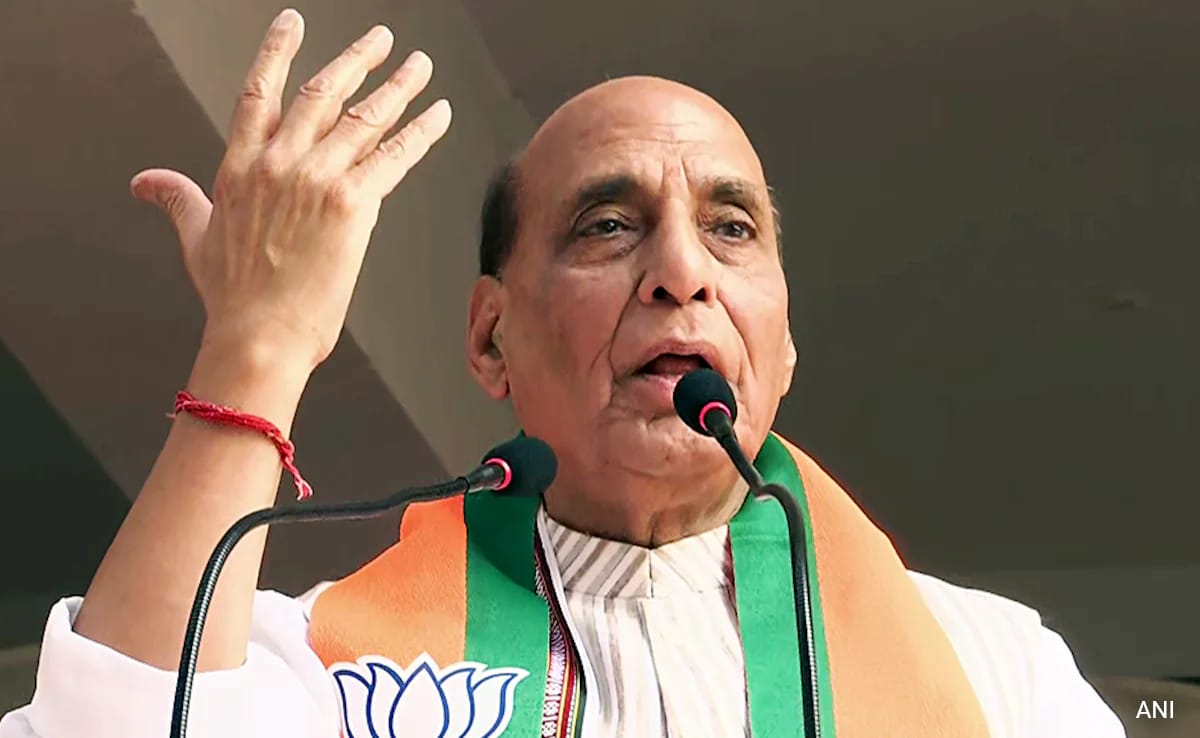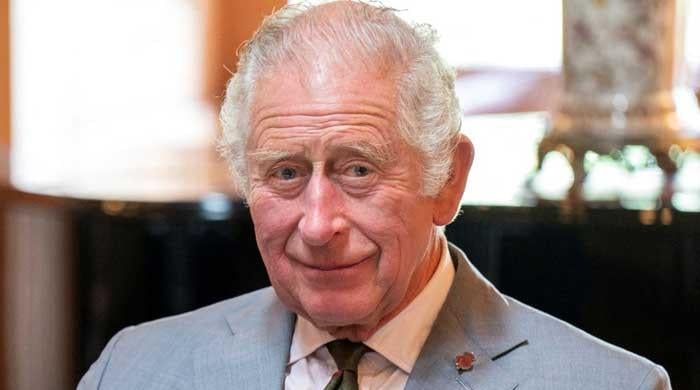The UK spends less on low-carbon energy policies than any other major European economy, analysis shows, despite evidence that such spending may do more to lower household bills and boost economic growth than the government’s planned tax cuts.
According to analysis by Greenpeace, the UK spent a total of about $33.3 billion (£26.2 billion) on low-carbon measures in the three years from April 2020 to the end of April 2023, the lowest among Europe’s five largest economies Data from the International Energy Agency.
Italy topped the list of Western European economies, spending $111 billion during the same period. Germany spent $92.7 billion, France $64.5 billion and Spain about $51.3 billion.
The data includes grid spending, energy efficiency, fuel and technology innovation, low carbon and efficient transport and low carbon electricity.
In addition to spending on these measures, all countries also spend significant amounts to reduce household energy bills, in many cases more than they spend on low-carbon measures.The UK spent around $42 billion energy affordability During this period, measures such as rebates on energy bills and contributions and discounts for vulnerable groups were adopted.
The UK spends only around $13.3 billion on household and industrial energy efficiency, $12.8 billion on low-carbon transport and less than $6 billion on renewable electricity and innovation.
When spending on energy affordability is excluded, spending per person in the UK is also much lower, at just under $500 per person over three years, compared with more than $950 in France, $1,115 in Germany and $1,880 in Italy.
On Wednesday, Chancellor of the Exchequer Jeremy Hunt will deliver the final budget of this term in parliament, which is likely to center on tax cuts that economists say will mainly benefit the wealthy.
Despite growing evidence and expert opinion that government spending is needed to jump-start the UK’s sluggish economy and sluggish productivity, and that green spending could provide a bigger boost than tax cuts, Hunt is not expected to be on energy or green Very few resources are devoted to the problem.
Bob Ward, director of policy and communications at the Grantham Institute on Climate Change and the Environment at the London School of Economics and Political Science, said: “There is now very clear evidence that the UK is investing significantly less than its competitors globally. In a range of areas , including addressing climate change, biodiversity loss and environmental degradation.
“Such low investment explains why UK productivity is stagnant and growth is so weak. It also explains why our homes and businesses are vulnerable to the effects of climate change, wildlife in our countryside and seas is declining, and our cities The air is dirty and our rivers and beaches are covered in sewage.”
A study by the London School of Economics earlier this year found that investing around £26bn a year into a low-carbon economy would reduce household spending, attract around twice as much additional private sector investment and boost the economy more than tax cuts.
Georgia Whittaker, climate campaigner at Greenpeace UK, said the UK was losing out to international rivals in the race for the future economy.
“It is clear that despite the government’s roar, we are completely failing on the world stage when it comes to green investment. Not only are the United States and China leaving us far behind in the race for green technology, but compared to our European neighbours, We also performed poorly,” she said.
Instead, she called for a green industrial strategy and infrastructure investment. “Jeremy Hunt should be using the spring budget to address this embarrassing failure, but instead he’s considering tax cuts that disproportionately benefit the richest. Meanwhile, the rest of us struggle to survive Struggling with costs,” she said.
A spokesman for the Department for Energy Security and Net Zero said: “This report fails to recognize the progress we have made compared with our European allies. We are the first major economy in the world to halve emissions and we have Europe’s third Second largest renewable energy production capacity.
“We have a clear strategy to drive UK industry forward and achieve net zero carbon emissions by 2050 – backed by £300bn of low-carbon investment since 2010.”
Follow us on Google news ,Twitter , and Join Whatsapp Group of thelocalreport.in
















